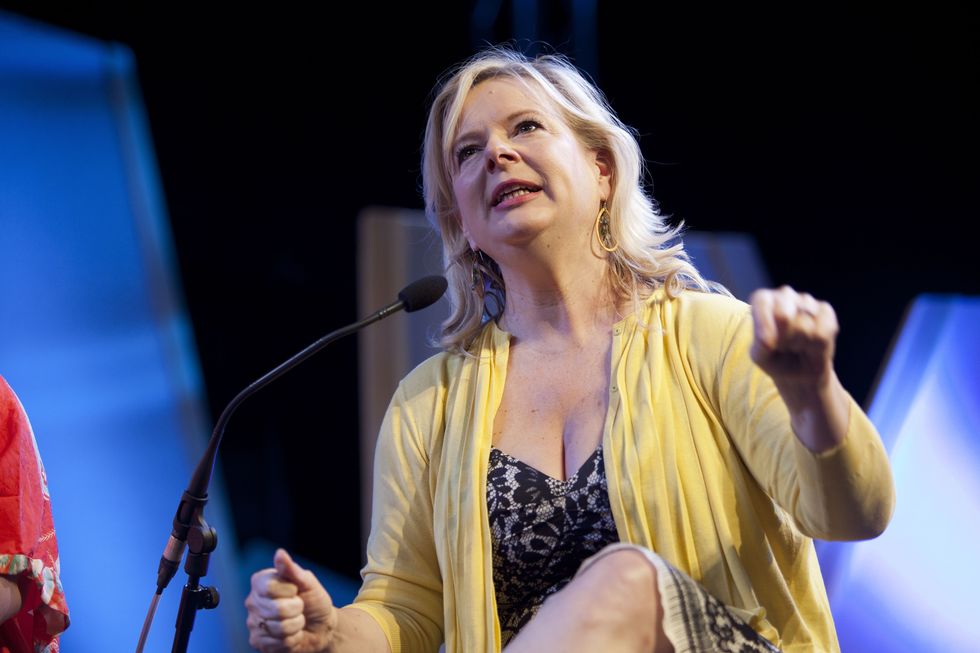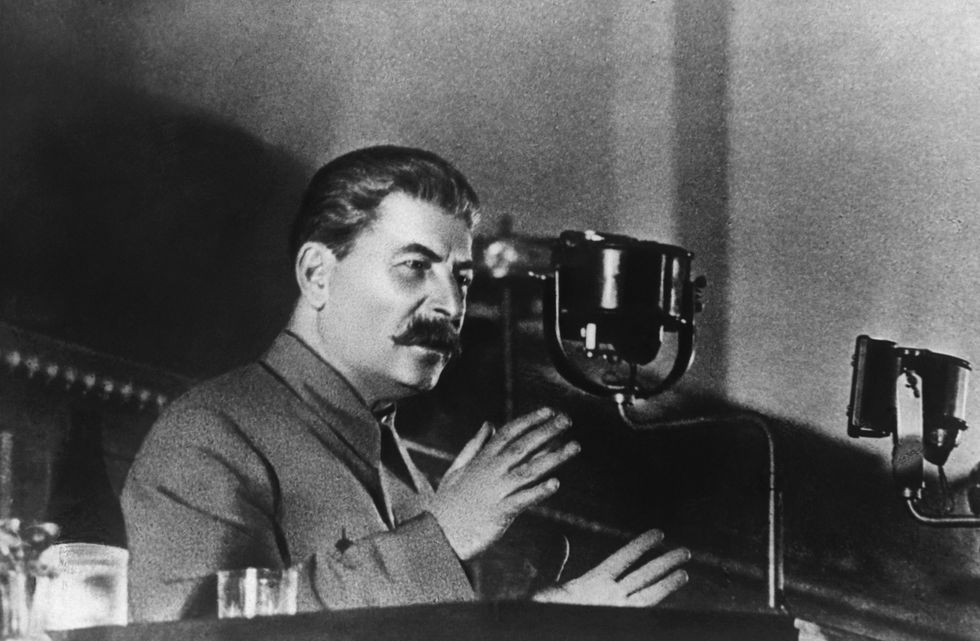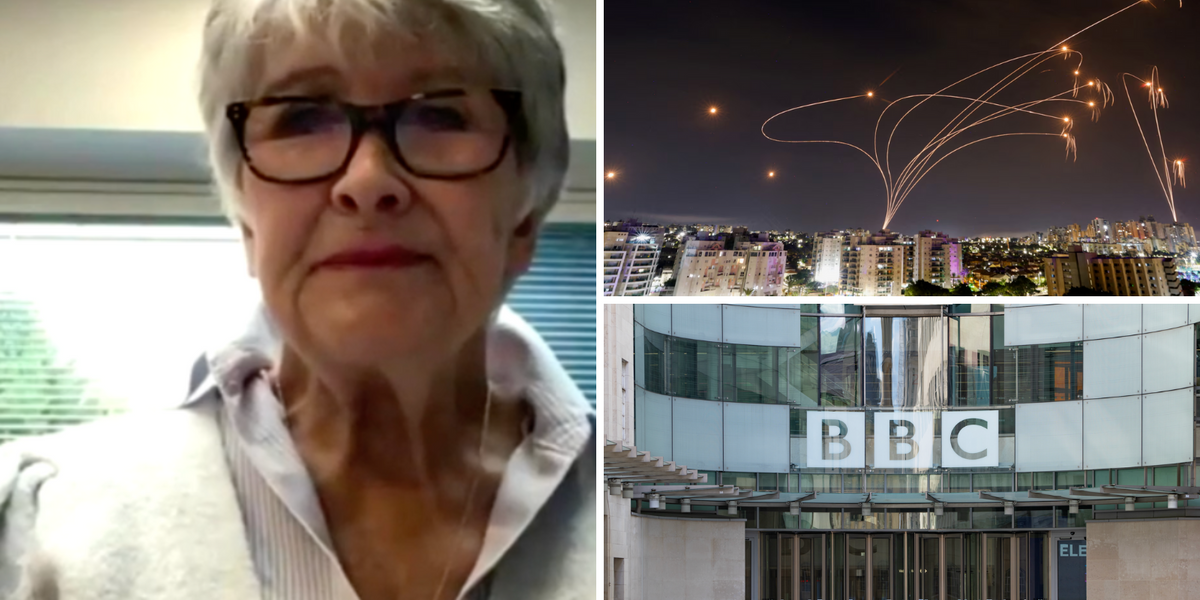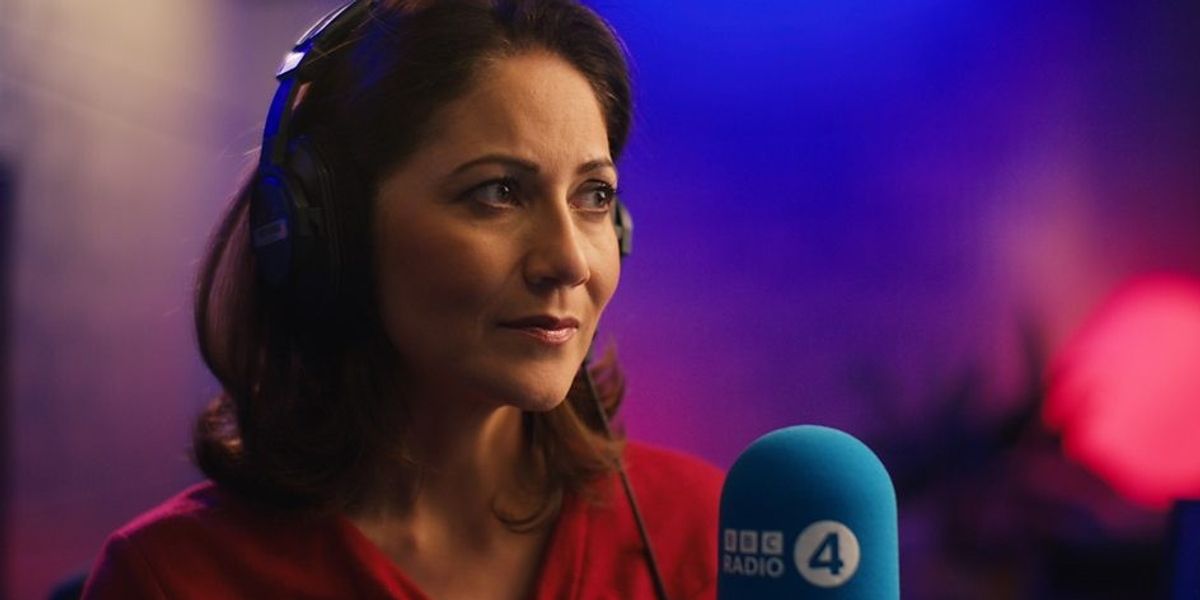The police probe into a journalist for comments she made on X, formerly known as Twitter, marks a "real turning point" in Britain that poses an "enormous threat" to us all, warns free speech advocate Brendan O'Neill.
His dystopian prognosis comes after two police officers visited 64-year-old Alison Pearson at her home on Remembrance Sunday.
They informed her that she was under investigation for a post she made on X about a year prior. The Essex Police officers mentioned that she was accused of a "non-crime hate incident" for allegedly stirring up racial hatred, though they were not allowed to disclose the specifics of the tweet or the identity of the accuser.
Pearson described the situation as "Kafkaesque", highlighting the surreal nature of being investigated for a year-old tweet without being told its content or the accuser's identity, particularly on a day that pays tribute to Britain's historic fight against tyranny.
“I was definitely shocked. Astonished. That too. Upset. How could I not be?” she said.
The incident sparked a significant backlash online, with Elon Musk, the owner of X, branding the police probe "insane".
Essex Police have since clarified that they were investigating under Section 17 of the Public Order Act 1986, a piece of UK legislation that deals with public order offences in England and Wales.
The police force says it relates to material likely or intended to cause racial hatred. They confirmed an investigation was active but did not disclose details about the tweet or the accuser, stating only that the initial report came from another force and that the post in question was subsequently removed.

The Home Office has confirmed it's reviewing how police record non-crime hate incidents to ensure that they are “proportionate” and protect free speech.
It will take more than that to reassure Spiked political writer Brendan O'Neill, who fears Britain is fast becoming like the rogue states it used to criticise.
He points out that this is not a new phenomenon, citing the case of Harry Miller, a former police officer who was visited at his workplace by Humberside Police following a complaint over the tweets he posted about transgender issues.
Or the case of Darren Brady, a British Army veteran, who received a knock on his door from Hampshire Police officers and was subsequently arrested for "malicious communications". His alleged crime was sharing a meme on social media that depicted the Progress Pride flags arranged into the shape of a swastika.
However, Pearson's case is uniquely troubling because she's a journalist, says O'Neill.
He explained: "Older people will remember that the idea of the police knocking on a journalist's door to interrogate her about something she'd said - that's the kind of thing that would have happened in the Soviet Union in our minds, or Eastern Europe when it was under Soviet rule.
"That's the kind of thing that tyrannical regimes overseas did. Here in Britain,we believe in freedom of speech and press freedom. We would never have the coppers go to a journalist's home and tell them off for something they wrote online. That's all changed dramatically. And we are now becoming more like the states we used to criticise."
This "Stalinist" probe of a journalist marks a "real turning point" for Britain, he says, adding: "It's very insidious, very slippery and poses an enormous threat to the right of journalists to speak as they see fit."
Free speech advocates are right to be worried, but Brendan is optimistic about Britain's future because of its past.
This 'Stalinist' probe of a journalist marks a 'real turning point' for Britain, warns O'Neill
Getty
With no free speech laws to fall back on, Britain has continually made the case for freedom of speech and press freedom.
She has done it before, and she will do it again.
As Brendan points out, the argument for freedom of the press was first made in the early 1600s.
Prior to the Civil War, England had a tightly controlled press where the Crown had the authority to license and censor publications. This control was part of broader efforts to maintain political and religious conformity.
Proponents of press freedom argued that such control was an overreach of monarchical power. They asserted that the press should be free to criticise and report on government actions, thereby acting as a check on royal authority.
If Britain managed to stop a reigning monarch from "peering down the necks of journalists", she should make light work of "woke activists on the internet phoning up the police", Brendan adds.

 By GB News (World News) | Created at 2024-11-14 21:26:34 | Updated at 2024-11-27 13:53:34
1 week ago
By GB News (World News) | Created at 2024-11-14 21:26:34 | Updated at 2024-11-27 13:53:34
1 week ago









